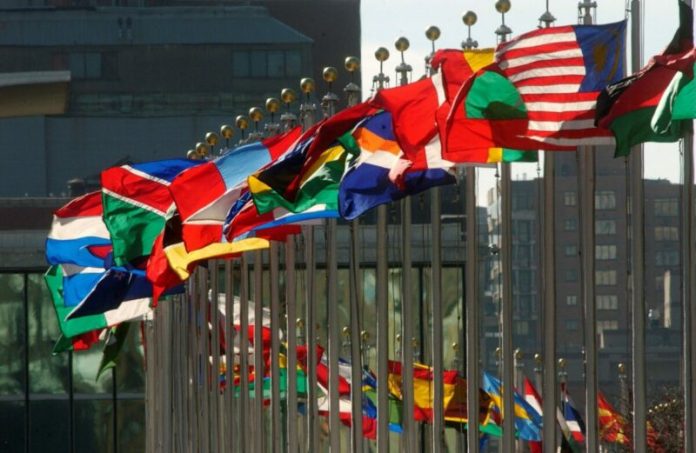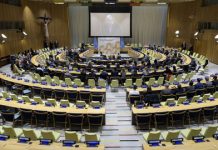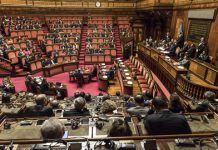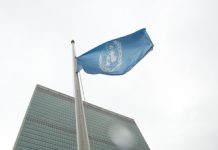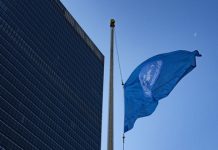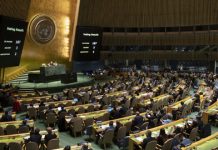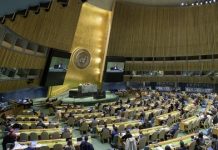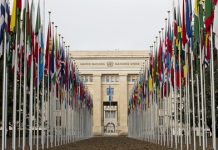Briefing the Security Council for the last time as head of the UN Verification Mission, Special Representative Carlos Ruiz Massieu said the peace agreement provided a roadmap for addressing the root causes of conflict.
“The Final Peace Agreement of 2016 set out the path to be followed: a holistic and comprehensive roadmap for addressing deep-rooted structural issues that have driven violence in Colombia for decades,” he told ambassadors.
He cited progress in land reform, rural development, the reintegration of more than 13,000 former FARC combatants, the start of a “complex journey” for truth and reconciliation, and opening of political space.
“Today, Colombia is a very different country from that it was in the years prior to the signing of the peace agreement,” he added, noting however that gaps and challenges remain.
Violence persists
Chief among these is the limited presence of civilian and military state institutions in various regions of the country where peace dividends remain limited and violence persists, including against social leaders and ex-combatants.
At least 472 former fighters have been killed since 2016, four in recent weeks alone, Mr. Ruiz Massieu said, urging measures to strengthen their protection and ensure accountability.
“It is also essential to achieve effective complementarity between peacebuilding policies, security strategies, and efforts to combat illicit economies,” he added.
Painful moments revived
Mr. Ruiz Massieu highlighted progress on opening political space, noting “a widespread rejection of political violence” but warning that the attempted assassination of presidential candidate Miguel Uribe in June revived painful memories and underscored the need to remove violence from electoral competition.
To address persistent insecurity, he urged full implementation of security guarantees alongside rural development programs and strategies to combat illicit economies.
“Expanded and sustained state presence remains essential,” he said, stressing the need for coordinated investments in conflict-prone regions.
A wide view of the Security Council meeting on the UN Verification Mission in Colombia (UNVMC).
Upcoming elections
The briefing also comes as Colombia enters a sensitive period leading to the elections next year.
Mr. Ruiz Massieu appealed to all actors to uphold commitments for a peaceful campaign and to advance the comprehensive vision of the 2016 accord, which includes provisions for women, Afro-Colombian and Indigenous communities.
“In their pursuit of peace, Colombians have a deeply rooted history of resilience and persistence – sometimes their efforts have not yielded the expected results but other times, thanks to patience and perseverance, they have achieved significant progress,” he said.
Path to peace is never easy
“The path to peace is never easy, nor is it free of obstacles. But staying the course is always worthwhile,” he concluded. “The 2016 peace agreement is a striking example of this.”
Mr. Ruiz Massieu, who has led the mission for more than six years, will soon assume duties as the Special Representative of the UN Secretary-General for Haiti.
He thanked the Council for its “consistent and crucial” support, adding that the UN mission’s role in fostering trust “will remain as important as ever in the period ahead.”
Source of original article: United Nations (news.un.org). Photo credit: UN. The content of this article does not necessarily reflect the views or opinion of Global Diaspora News (www.globaldiasporanews.com).
To submit your press release: (https://www.globaldiasporanews.com/pr).
To advertise on Global Diaspora News: (www.globaldiasporanews.com/ads).
Sign up to Global Diaspora News newsletter (https://www.globaldiasporanews.com/newsletter/) to start receiving updates and opportunities directly in your email inbox for free.


